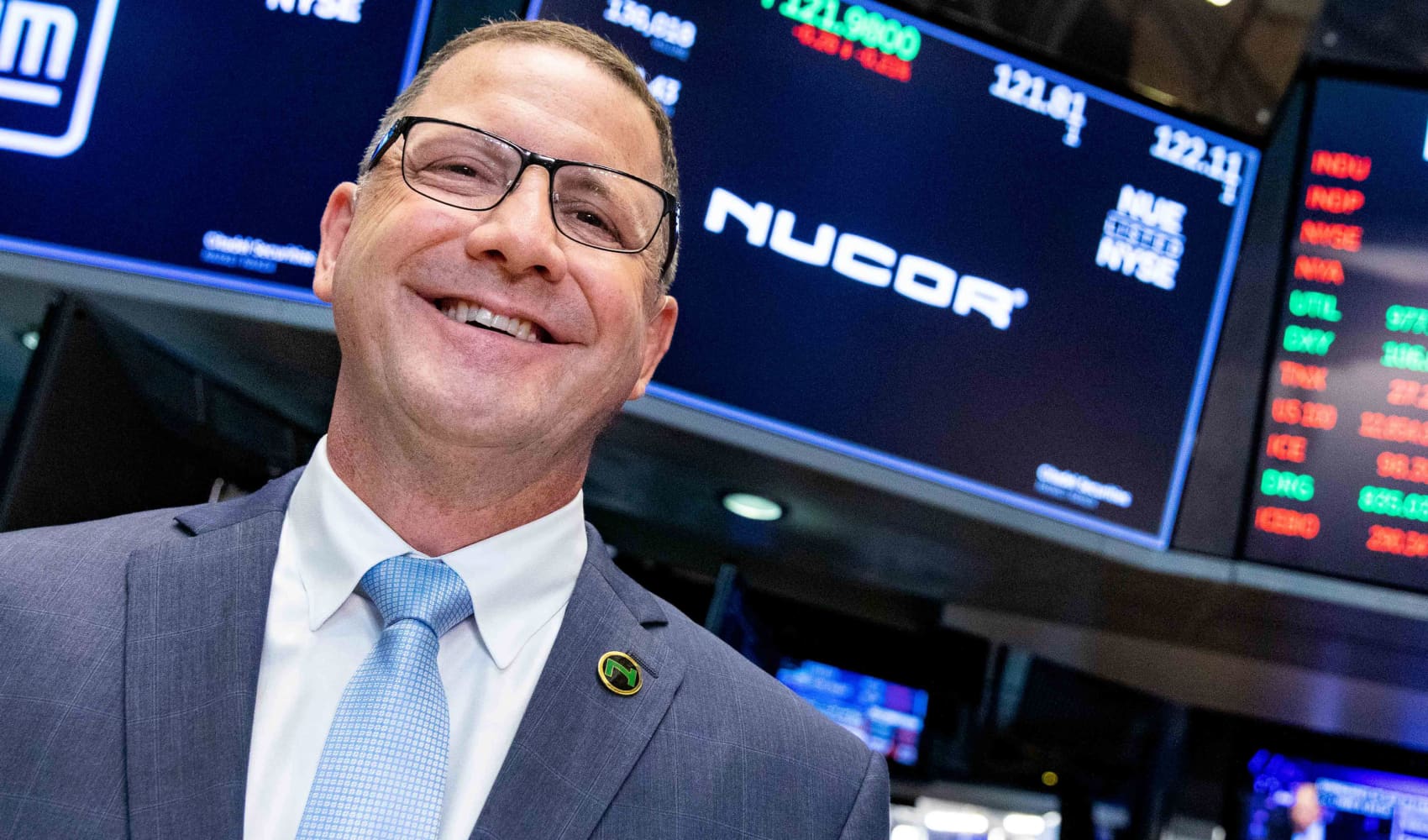
- Rep. Madison Cawthorn belatedly disclosed suspected cryptocurrency transactions that earlier this month led the House Ethics Committee to open an investigation for his possible promotion of crypto he secretly owned.
- Cawthorn, 26, revealed Friday he bought between $100,000 and $250,000 worth of "Let's Go Brandon" cryptocurrency eight days before publicly suggesting on Dec. 29 that its price would "go to the moon."
- A day later, the dollar value of that crypto — which is named after a derogatory phrase about President Joe Biden — soared 75% on news of its sponsorship deal with a NASCAR driver.
- Cawthorn's disclosure came four days after the House Ethics Committee announced it was investigating the North Carolina Republican over his Dec. 29 comment in an Instagram post.
Rep. Madison Cawthorn on Friday belatedly disclosed suspected cryptocurrency transactions that earlier this month led the House Ethics Committee to open an investigation into the North Carolina Republican's possible promotion of an asset he secretly owned.
Cawthorn, 26, revealed Friday that he bought between $100,000 and $250,000 worth of "Let's Go Brandon" cryptocurrency on Dec. 21. The transaction came eight days before he wrote a Dec. 29 Instagram post that said, "Tomorrow we go to the moon," in response to a photo of him posing with co-founders of the coin.
A day later, the dollar value of that crypto — which is named after a derogatory phrase about President Joe Biden — soared 75% on news of its sponsorship deal with a NASCAR driver.
Get San Diego local news, weather forecasts, sports and lifestyle stories to your inbox. Sign up for NBC San Diego newsletters.
The same filing Friday disclosed that the first-term congressman sold between $100,000 and $250,000 of the "Let's Go Brandon" coin on Dec. 31.
That sale potentially recouped at least what he had paid for the virtual currency before its dollar price exploded.
The value of the Let's Go Brandon coin collapsed in early January after NASCAR rejected its sponsorship deal with the driver Brandon Brown.
Money Report
Cawthorn's disclosure of the transactions came four days after the House Ethics Committee announced it was investigating the North Carolina Republican over his Instagram comment about the "Let's Go Brandon" coin.
In the same House financial disclosure form filing Friday, Cawthorn also belatedly revealed that he had bought between $1,000 and $15,000 worth of Ethereum cryptocurrency on Dec. 27, and between $1,000 and $250,000 of Ethereum on Dec. 31.
Under the federal STOCK Act, members of Congress are legally required to file disclosures of the purchase and sale of stocks, bonds, commodity futures and other securities within 45 days of the transactions.
Cawthorn's disclosure Friday came five months after the transactions he detailed. It also came nearly two weeks after he narrowly lost a GOP primary, denying him the party's nomination for a second term in office.
A spokesman for Cawthorn did not immediately respond to a request for comment from CNBC.
Sen. Thom Tillis, R-N.C., in late April called for the ethics probe to investigate Cawthorn for possible insider trading related to cryptocurrency after The Washington Examiner reported the congressman may have broken laws barring investors from profiting on nonpublic information.
Cawthorn angered fellow Republicans in Congress earlier this year by claiming older colleagues invited him to orgies and used cocaine in front of him.
On Monday after the House Ethics Committee announced that it authorized an investigation on May 11, Cawthorn's chief of staff, Blake Harp, said, "We welcome the opportunity to prove that Congressman Cawthorn committed no wrongdoing and that he was falsely accused by partisan adversaries for political gain."
"Our office isn't deterred in the slightest from completing the job the patriots of Western North Carolina sent us to Washington to accomplish," Harp added.
Cawthorn later tweeted Monday: "Wow — I must still be a problem for the swamp! They're still coming after me!"
In addition to the cryptocurrency comment, Cawthown is being investigated over questions about whether he had an "improper relationship" with a person employed on his congressional staff, the panel said.






